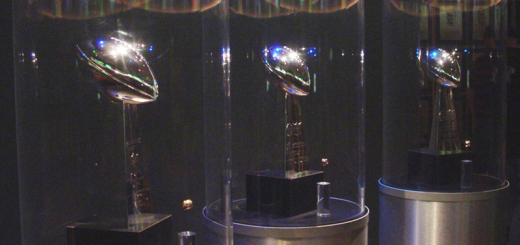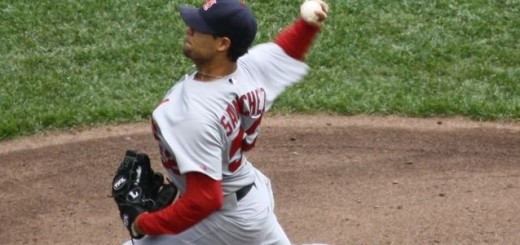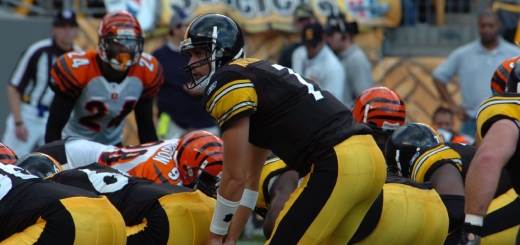Bring In The Closer
It’s like going to the movies and seeing a flick that starts off surprisingly well. This might turn out to be a pretty good movie. It continues. I think this is turning out to be a really good movie. Past halfway through. I think this is turning out to be something special. Getting closer to the end. Yes, this is going to be something I’m going to tell everybody about. This is great. And then the ending comes and it stinks. And you are left with the most aggravated, frustrating feeling in the world.
Or it’s like being the owner of the car dealership, observing a young couple coming onto his lot, watching them fall in love with one of his cars, grinning as he sees them settle on that perfect one in the perfect color, smiling broadly as he sees them sitting down with the salesman to discuss the terms, and then, when the VP in charge of sales goes on in to assist the salesman to get them to sign on the dotted line and finish off the deal — cringing as the couple exits the lot without buying a damned thing.
That’s what it’s like in baseball when your team plays great ball for eight innings and then your closer comes in and does NOT do the job and does NOT save the game. Watching the closer blow the lead and literally lose the game our eyes is the most agonizing feeling in baseball.
The closer has become one of the most important players in all of baseball. No other player has the potential influence of determining whether or not your team wins or loses a game. He only pitches in the ninth inning. He only pitches when the game is close. Usually, he’s trying to protect a one run lead. And he usually only enters the game at a time when the opposition has put on their rally caps and is attempting to stage an all out rally to try to win a game that they are trailing. And contrary to popular belief, hitters really do try harder in the ninth inning than they do in the first.
If a closer pitches well, his team usually wins. If a closer pitches poorly, they lose. That’s the pressure position of baseball. Hitters only have pressure on them when they are up to bat. Fielders only have pressure on them when the ball is hit to them. But it’s the ninth inning. The closer has pressure on them on EVERY pitch. He makes a mistake, the other team is walking off with the win.
The closer is the Kobe Bryant of baseball, taking the equivalent of that last shot when his team is trailing by one point. If he hits it, they win. If he misses, they lose. He’s the goalie in hockey, trying to stop a penalty shot in overtime. Stop it, you’re a hero. Miss it, you’re the goat. Or the kicker in football, trying to kick a long field goal in a game where he’s trailing by a point. Make it, he wins. Miss it, they lose. And he’s out of a job.
So, why is it that the baseball establishment doesn’t respect the position? Why do closers get fired and hired all over the league like vagabond kickers, going from team to team as if their skills don’t matter? Why is it that they seem to be getting rid of the veterans and handing the job to rookies? Because they want to get paid when they have a good season? Sure, a team might save a few bucks, but they hand the most stressful job in baseball to someone who has not proven they can handle THAT job. How many organizations are putting together teams that are ALMOST good enough to win, but they just don’t seem to be able to protect those ninth inning leads?
You’ve GOT to have a pitcher that can hold the lead in the ninth inning. Period. Without it, you are just giving away games you should be winning. And to put inferior talent out there just to save money is a “crime” that should get GENERAL managers fired. As it is, the one that usually gets fired is the manager. He’s the one who ultimately decides who to bring in to pitch the last inning. But he’s the one stuck with the talent on the club that the GM gives him.
Baseball is what it is. But you show me a team that has a good closer, and I’ll show you a team that wins the close games. And, since most people agree that you will win a certain amount of one-sided games (say a third of your games) that you are supposed to win, and lose another amount of one-sided games that you’re definitely gonna lose (probably another third of the games). Doesn’t it make sense that those “middle third” games that are the tossups (ones that define your season and will make the difference between winning and losing) are the ones that matter most and can be strongly influenced by having a top notch closer?
When the game is on the line, you need your best pitcher on the mound getting that final out. And getting that kind of player on your team is probably the most important decision a team can make. He who gets the good closer wins. He who gets the bad closer loses. Otherwise, you are just going to the movies and seeing one lousy ending after another.




